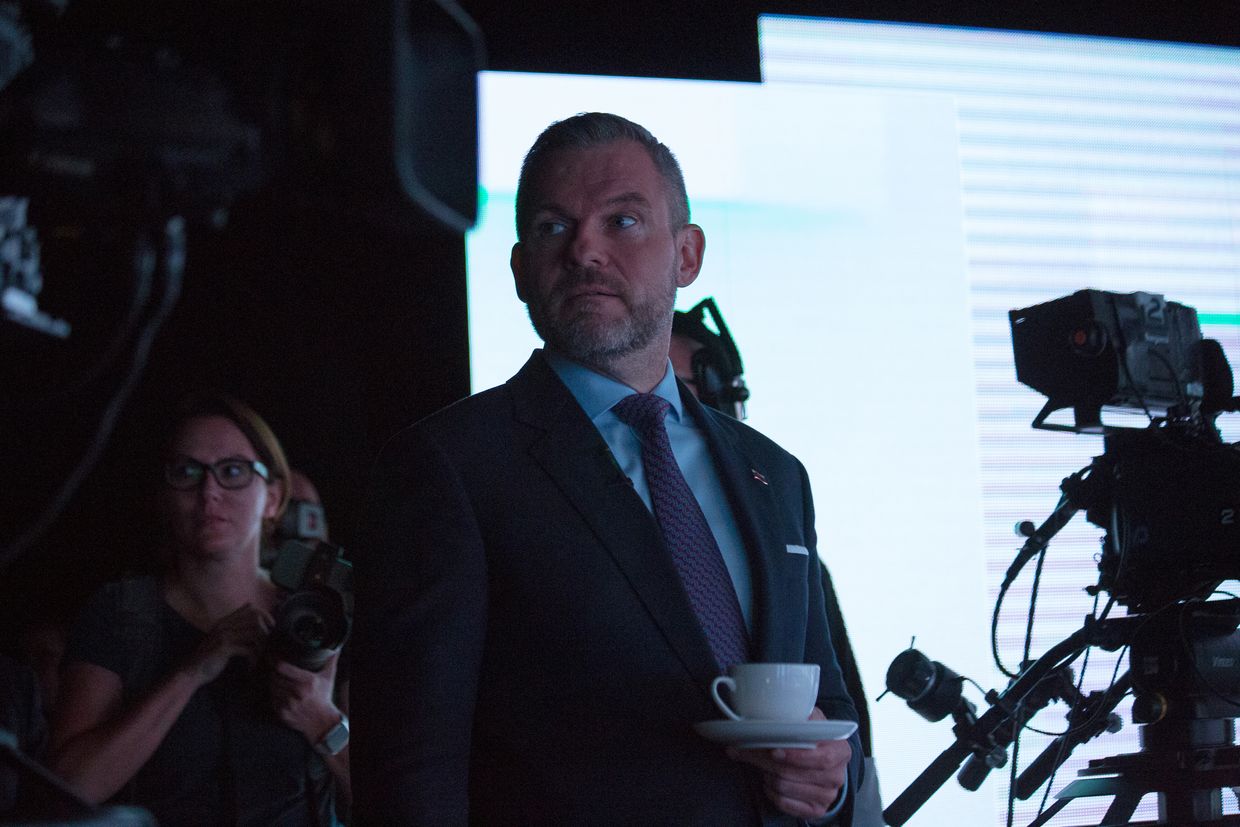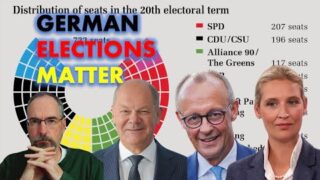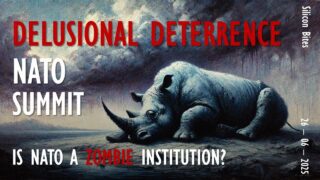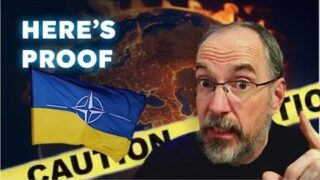
Ukraine's immediate accession to NATO 'not realistic,' Slovak president says following meeting with Scholz
Editor's note: This article has been updated to reflect comments made later in the day by German Chancellor Olaf Scholz.
Following a meeting in Berlin with German Chancellor Olaf Scholz on Oct. 24, Slovakian President Peter Pellegrini said that Ukraine's immediate accession to NATO was "not realistic."
"We agreed with the Chancellor that today the issue of Ukraine's accession is not on the table, and it cannot come to the table," Pellegrini said.
Later in the day in an interview with German public broadcaster ZDF, Scholz dismissed Kyiv's appeals for an immediate invitation to join NATO, stating that "a country at war absolutely cannot become a member of NATO."
President Volodymyr Zelensky said earlier this week that Germany has softened its stance on Ukraine's NATO membership, but remains "skeptical."
Slovak media reported that Pellegrini told reporters that Zelensky's proposed plan was not seen "as a done deal."
Pellegrini is an ally of Prime Minister Robert Fico, who has been a vocal critic of military aid for Ukraine and sanctions against Russia.
Pellegrini's comments come just a day after Politico reported that at least seven NATO countries are reluctant to grant Ukraine an invitation to join NATO, according to four anonymous U.S. and NATO officials and diplomats.
Outgoing U.S. Ambassador to NATO Julianne Smith told reporters that NATO does not currently have plans to invite Ukraine into the alliance in the immediate future
Kyiv submitted its application to join in September 2022, and in July 2024 the alliance affirmed Ukraine's "irreversible path to full Euro-Atlantic integration, including NATO membership" — though Ukraine has not received any definitive news about its future accession.
According to Zelensky, who has repeatedly called on partners to issue a membership invitation to Kyiv, Ukraine will join NATO only after Russia's full-scale war ends.















